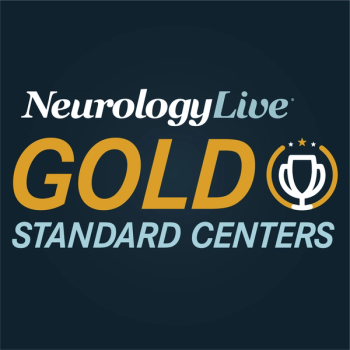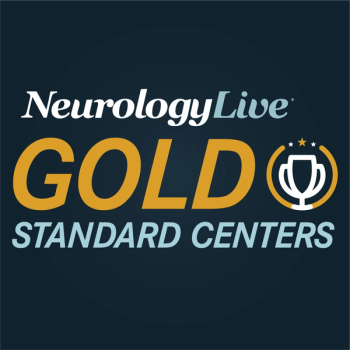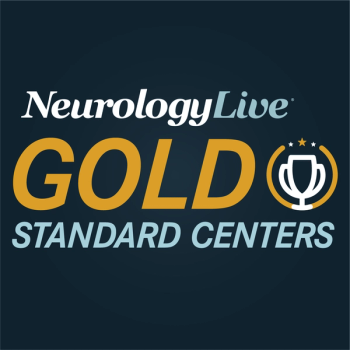
Mayo's MOGAD Clinic represents a new type of novel, multidisciplinary care, incorporating multiple different backgrounds of neurology, neuroimmunology, neuro—ophthalmology, and urology, among others.

Mayo's MOGAD Clinic represents a new type of novel, multidisciplinary care, incorporating multiple different backgrounds of neurology, neuroimmunology, neuro—ophthalmology, and urology, among others.

Advancements in the detection and care of multiple sclerosis have led to improved diagnosis rates and a more multidisciplinary approach to treating the autoimmune disorder.

With few neuropalliative care services available in the US, the University of Rochester stands as a prime example of how a successful program can transform patient care.

The virtual care program built by The Ohio State University Wexner Medical Center allows for expanded access to patient care in rural areas, improved decision-making, and hands-on experience for young neurologists.

Through dedicated research into biomarker discovery and patient care, the neuroimmunology laboratory at Mayo Clinic has paved a new way of life for those with autoimmune disorders.

As more organizations begin to adopt palliative care practices for patients with Parkinson disease, some may turn to the implemented plans of Cleveland Clinic as an example to follow.

Years of built-up trust in the community has enabled Montefiore’s Stern Stroke Center physicians to understand more about how stroke affects multicultural communities and to break down existing barriers to care.

Led by a team of top talents, NYU Langone’s Comprehensive Epilepsy Center’s contributions to drug development and improving the quality of life for patients stand among the field's most important.